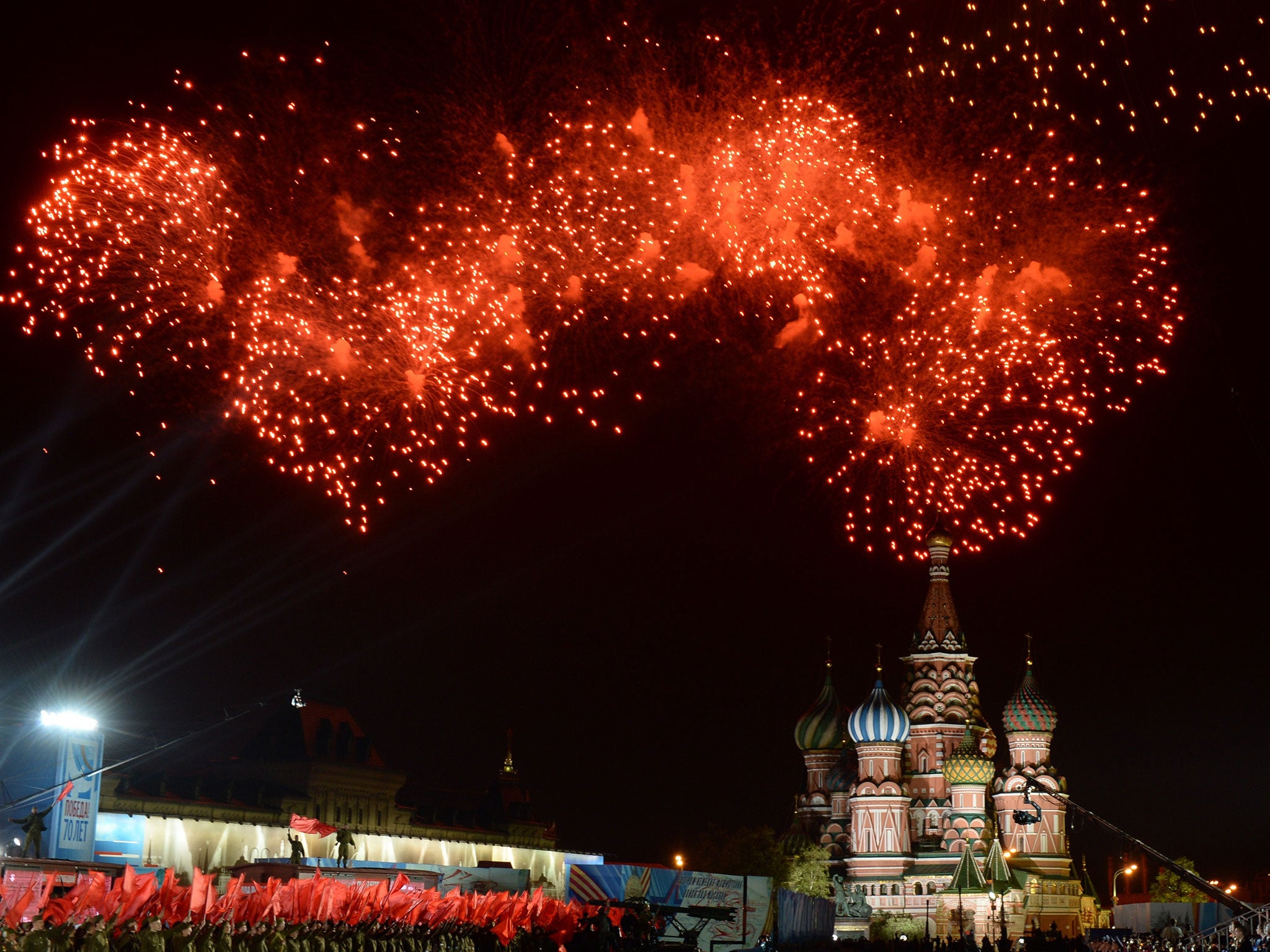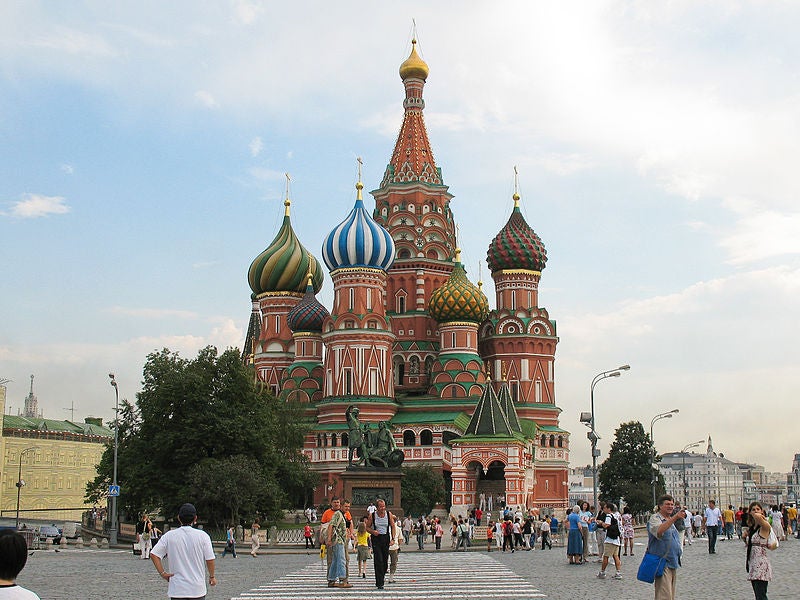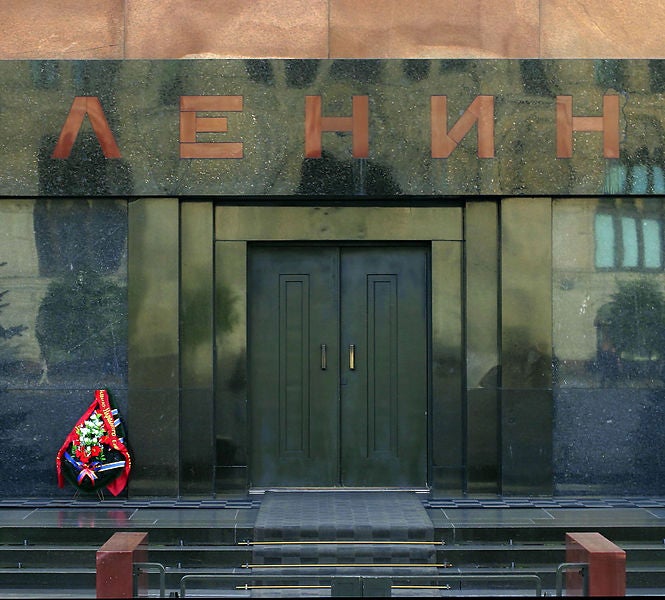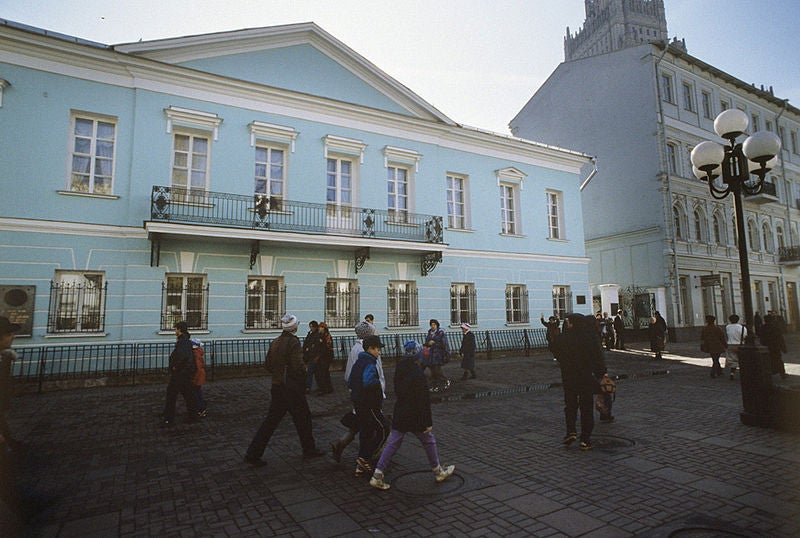The Independent's journalism is supported by our readers. When you purchase through links on our site, we may earn commission.
Is Moscow really the world's unfriendliest city?
Readers of a US magazine voted the Russian capital the least friendly city on earth. But Simon Calder, who has been taking holidays in Moscow for the past three decades, finds it engaging and welcoming

Your support helps us to tell the story
From reproductive rights to climate change to Big Tech, The Independent is on the ground when the story is developing. Whether it's investigating the financials of Elon Musk's pro-Trump PAC or producing our latest documentary, 'The A Word', which shines a light on the American women fighting for reproductive rights, we know how important it is to parse out the facts from the messaging.
At such a critical moment in US history, we need reporters on the ground. Your donation allows us to keep sending journalists to speak to both sides of the story.
The Independent is trusted by Americans across the entire political spectrum. And unlike many other quality news outlets, we choose not to lock Americans out of our reporting and analysis with paywalls. We believe quality journalism should be available to everyone, paid for by those who can afford it.
Your support makes all the difference.Moscow, voted the world’s unfriendliest cities by the no-doubt amiable readers of Travel + Leisure magazine, is unwelcoming only in one respect: the red tape involved in organising a trip to Russia’s capital is even more tangled than it was before the collapse of communism a quarter-century ago. (The same applies, of course, to the former capital, St Petersburg, voted third-worst.)
This first, bureaucratic impression is misleading. Once you arrive, you can look forward to a sequence of great experiences in the company of friendly people.
Around a quarter-million visitors from Britain - and millions more from other countries - travel to Moscow discover every year. Indeed, the US State Department assures travellers their journey to the world’s biggest country will be “exciting and rewarding”.
Touch down
Domodedovo airport, served by British Airways and easyJet, is the gateway of choice, with a fast rail link into the city. The Aeroexpress takes 45 minutes and costs the equivalent of £4.50.
You can also change money at the airport; on the first floor level, you will find bureaux de change offering rates so keen that they would make American Express quiver. And thanks to the relative strength of sterling, making a rouble worth a penny, the budget-minded traveller can enjoy the city with the lowest prices this century.
Get your bearings
Compared with the wayward street networks that prevail in western Europe, Moscow is a dream to get around. At the centre of everything is Red Square, with the Kremlin to the east and St Basil’s erupting prettily to the south. Beyond the onion domes lies the curl of the Moscow River. The main arteries radiate from Red Square, and are intersected by a series of ring roads.

Navigating the world’s most beautiful Metro system is easy (including a circle line that is a real circle); flat fare 50p, or buy a 24-hour smart card for £2. Above ground, almost anything that moves constitutes a potential taxi.
Check in
Some of my old haunts, such as the huge and hilariously awful Rossiya Hotel, have been flattened. While it is possible to pay outlandishly high prices at the new generation of luxe lodgings, there are excellent mid-range options. The increasingly grand Budapest Hotel has acquired a fourth star since my last stay, and remains central, comfortable and excellent value at £95 double including a lavish buffet in a handsome 1876 breakfast room.
Take a view
… of the Soviet past at Lenin’s Mausoleum. The preserved body of the hero of the 1917 October Revolution, and first leader of the USSR, Vladimir Ilyich Lenin, is on display most mornings from 10am-1pm. He doesn’t look well.

Take a hike
Agreed, Moscow is not exactly a city on a human scale - but walking along Old Arbat Street between Arbatskaya Metro station and the towering, Stalin-era Foreign Ministry gives you some sense of the city before the ideologues and bulldozers moved in. Subtract the buskers and hustlers, and you could be back in the era of Alexander Pushkin - who wrote in Eugene Onegin: “Moscow... how many strains are fusing in that one sound, for Russian hearts! What store of riches it imparts!”
The writer lived at number 53, and his house is now a museum.

Lunch on the run
Talking of the Russian national poet: Moscow’s answer to Rick’s Bar in Casablanca is the Café Pushkin. As in the Moroccan city, life has imitated art with the creation of a fictional hostelry. Half-a-century after the French songwriter, Gilbert Bécaud, wrote about the Café Pushkin, one finally opened in 1999. The cafe - really a posh restaurant - promises “historic fare of the Russian nobility”. Go for the “business lunch” for the best value, with smiling service.

Cultural afternoon
The hub of the Russian state is also one of its prime tourist attractions. Besides the power base of Vladimir Putin, the walls of the triangular Kremlin protect palaces, towers and no fewer than five cathedrals. “Above Moscow there is only one Kremlin and above the Kremlin there is only one God,” goes a Russian saying.
Dining with the locals
Try the Mayak (or if you prefer its Italian name, Caffe il Faro), for dishes such as lamb’s tongues in orange sauce with wasabi mashed potatoes - yours for a fiver, including a decent tip. Strike up a conversation with the writers, artists and political activists who dine here. It may take a few shots of vodka, but by the end of the evening you’ll feel you have been with lifelong friends. Behind that stern facade, there is much warmth to be found.
Join our commenting forum
Join thought-provoking conversations, follow other Independent readers and see their replies
Comments